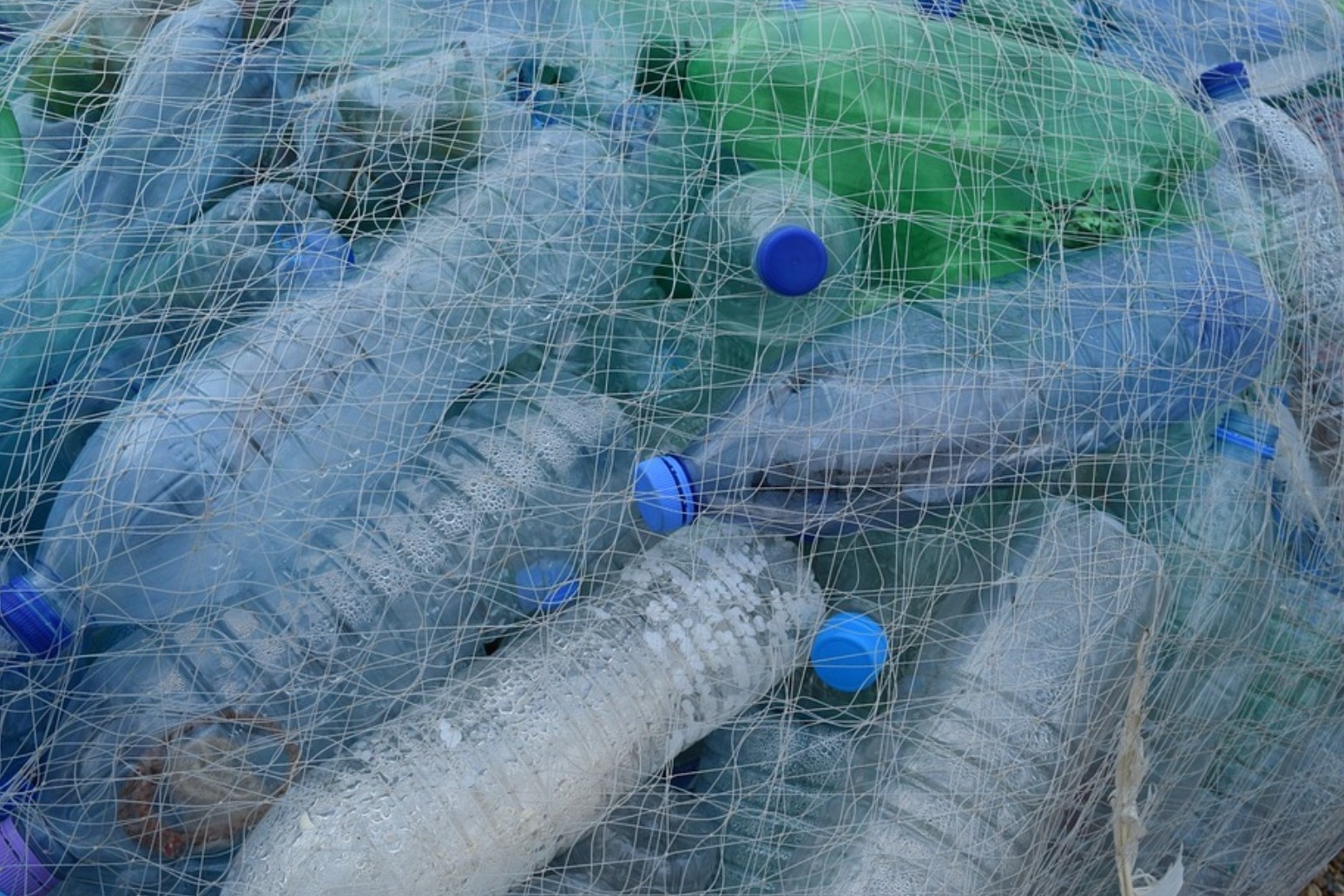
Calls for UK to introduce a deposit return scheme for plastic bottles
The Environmental Audit Committee is calling for the introduction of a UK-wide deposit return scheme for plastic bottles, one of a series of measures to tackle waste pollution.
Mary Creagh MP, Chair of the Environmental Audit Committee, said:
“Urgent action is needed to protect our environment from the devastating effects of marine plastic pollution which, if it continues to rise at current rates, will outweigh fish by 2050. Our throwaway society uses 13 billion plastic bottles each year, around half of which are not recycled. Plastic bottles make up a third of all plastic pollution in the sea, and are a growing litter problem on UK beaches. We need action at individual, council, regional and national levels to turn back the plastic tide.”
The Committee calls on the Government to:
Introduce a Deposit Return Scheme for plastic drinks bottles
Introduce a requirement for all public premises that serve food and drink to provide free drinking water
Increase the number of public water fountains
Make producers financially responsible for the plastic packaging they produce and to phase in a mandated 50% recycled plastic content in plastic bottles, to be achieved by 2023 at the latest.
Recommendations
The rising tide of plastic waste in the ocean has been described by UN Oceans Chief Lisa Svensson as a ‘planetary crisis’, with 8 – 12 million tonnes of plastic being thrown in our oceans each year. Plastic bottles are an easily avoidable source of marine plastic pollution and the Committee has demanded that the Government takes action now.
Introduction of Deposit Return Schemes
The UK's rate of recycling for plastic bottles has stalled for the past 5 years. As the consumption of on-the-go soft drinks and water increases, the UK urgently needs a system to capture these bottles before they are littered or landfilled. The Committee is calling on the Government to introduce a Deposit Return Scheme for plastic drinks bottles with the aim of boosting the recycling rate to 90%.
Mary Creagh MP said:
“Around 700,000 plastic bottles are littered in the UK every day. The introduction of a small charge to encourage the return of plastic bottles will result in less littering, more recycling and reduction in the impact of plastic packaging on our natural environment.”
Access to drinking water
The UK uses 7.7 billion plastic water bottles each year and reducing the consumption of plastic water bottles should be a priority. The Committee is calling on the Government to introduce a requirement for all public premises who serve food or drink (not just licensed premises) to provide free drinking water on request, including sports and leisure centres. The Committee also urges the Government to review the health and litter-reducing benefits of providing public water fountains, and amend the Water Industry Act 1991 to give water companies formal powers to erect water fountains.
Mary Creagh MP said:
“It is unacceptable that there is no legal obligation for unlicensed cafes, restaurants and sports centres to provide free drinking water on request. The UK has safe, clean tap water and failing to provide it leads to unnecessary use of plastic water bottles which clog up our rivers and seas.”
Producer Responsibility
The Committee heard that producer responsibility obligations ‘fail the Ronseal test’ in the UK - packaging producers only pay for 10% of the cost of packaging disposal and recycling, leaving taxpayers to foot the bill for the remaining 90%. Complex plastic and film wrappings contaminate the recycling stream and reduce its resale value.
The Committee is calling on the Government to adopt a producer responsibility compliance fee structure that rewards design for recyclability and raises charges on packaging that is difficult to recycle. Additionally, the Committee urges the Government to phase in a mandated minimum 50% recycled plastic content in plastic bottles to stimulate and underwrite the recycled plastics market, and to ensure that the industry has an incentive to reuse plastics. This target should be reached by 2023 at the latest.
Mary Creagh MP said:
"Packaging producers don’t currently have to bear the full financial burden of recycling their packaging. By reforming producer responsibility charges, the Government can ensure that producers and retailers will have financial incentives to design packaging that is easily recyclable, or face higher compliance costs."
Published: by Radio NewsHub